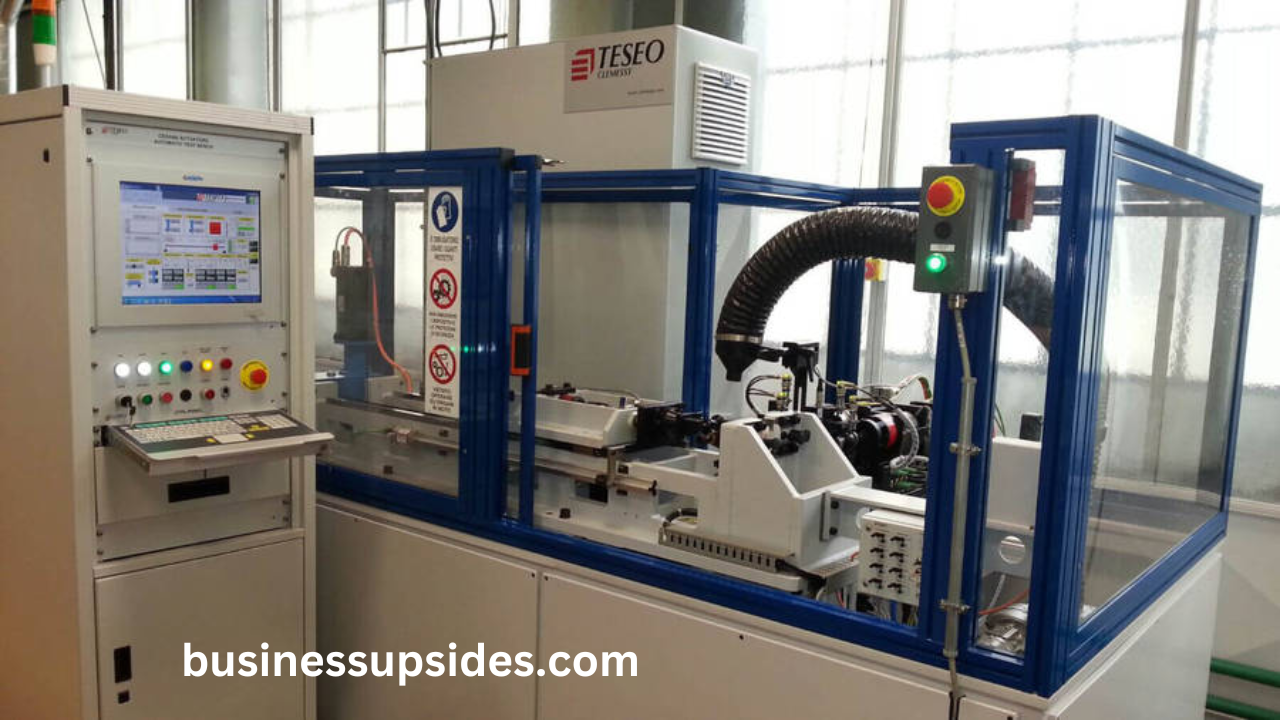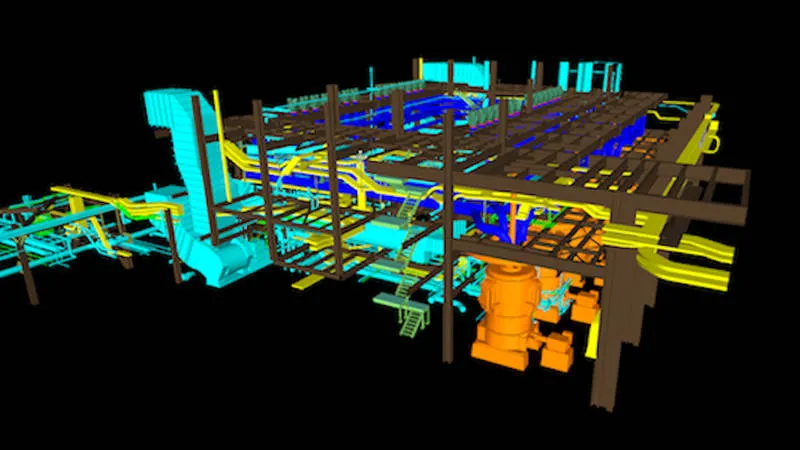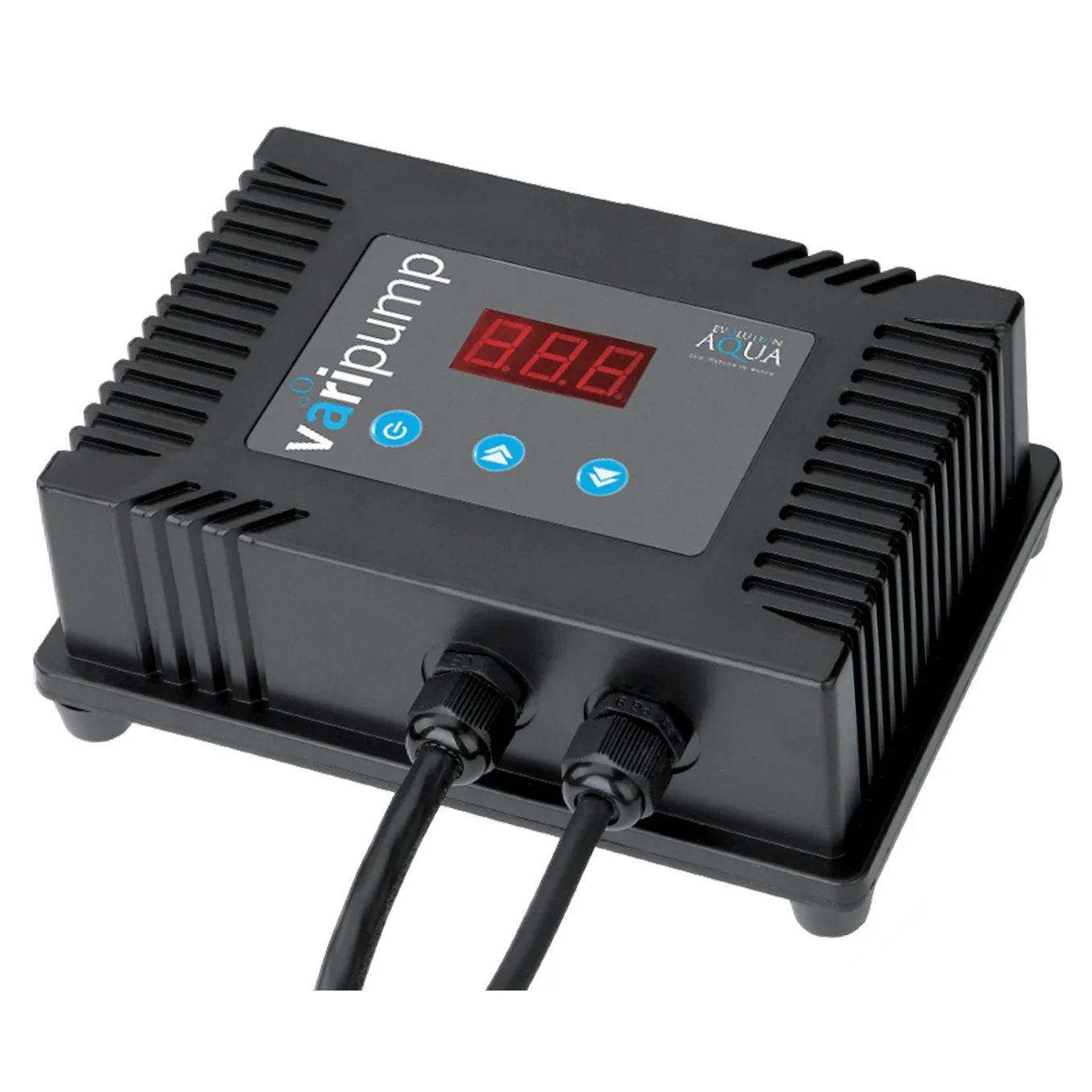Understanding the Servo Test Bench Key Concepts and Applications
Servo motors are a critical part of modern automation systems, robotics, and various industrial applications. The precision, reliability, and efficiency of servo motors are crucial to ensure that machines and equipment perform as expected. To guarantee that servo motors meet these high standards, a test bench plays an essential role. It provides a controlled environment to evaluate the performance of servo motors, ensuring that they operate at their peak potential.
In this article, we will explore the concept of a servo test bench in-depth, including its key components, types of tests performed, and applications. Additionally, we will delve into how these systems benefit industries, how to set up a test bench, and the role of automation in modern servo motor testing.
What is a Servo Test Bench?
A servo bench is a specialized apparatus used to evaluate the functionality, performance, and characteristics of servo motors. Servo motors are used in applications where precise control of position, speed, and torque is necessary. They are commonly employed in robotics, CNC machines, conveyor systems, automotive applications, and aerospace technology.
The servo test bench provides a controlled and safe environment to simulate various working conditions for servo motors. By doing so, engineers and technicians can measure key performance parameters such as torque, speed, precision, and efficiency. The data gathered from testing can be used to troubleshoot issues, calibrate motors, and verify their compliance with industry standards.
Key Components of a Test Bench
A test bench consists of several components that work together to evaluate the servo motor’s performance under a range of operating conditions.
1. Servo Motor Under Test
The servo motor is the heart of the test bench. This is the motor that will be subjected to a variety of tests to assess its performance. Servo motors are typically characterized by their ability to provide precise control over angular position, velocity, and acceleration. The motor’s specifications will often determine the type of tests it undergoes.
2. Power Supply
The power supply is responsible for providing the necessary electrical energy to the servo motor. Depending on the application, the test bench may require a DC or AC power supply. The ability to adjust the power supply voltage and current is critical for testing the motor at various operational levels and conditions.
3. Test Load or Load Simulator servo test bench
A test load is applied to the servo motor to simulate real-world conditions. This can include mechanical loads such as brakes or adjustable weights, depending on the application. The load is used to evaluate how well the motor can handle different stresses, simulate different operational scenarios, and test its performance under varied conditions.
A load simulator can also be used in cases where a more sophisticated setup is needed. This device dynamically applies varying loads to mimic the forces that would be encountered in real-world environments.
4. Torque Sensor
A torque sensor is used to measure the motor’s output torque. Torque is one of the most important parameters when testing a servo motor because it directly relates to the motor’s ability to perform mechanical work. By measuring torque, the test bench can determine whether the motor is capable of achieving the desired force under different operating conditions.
5. Position/Speed Encoder
A position or speed encoder is used to measure the angular position and speed of the servo motor’s shaft. This component helps assess the accuracy and precision of the motor’s movements. An encoder provides feedback to the system, allowing it to adjust in real time for greater precision.
Encoders are essential for testing the motor’s ability to control its rotational position accurately and respond to varying speed commands.
6. Controller or Driver
The controller or driver is used to manage the operation of the servo test bench motor. It receives input signals, processes them, and sends commands to the motor to control speed, torque, and direction. The controller can be adjusted to test the motor under different load conditions and operational speeds.
In more complex systems, the controller can be connected to a computer or other device to provide remote control and monitoring.
7. Measurement and Monitoring System
To assess the performance of the servo motor accurately, measurement systems are used to track various parameters, including voltage, current, temperature, and vibration. These sensors collect data in real time, allowing operators to monitor the motor’s performance continuously during testing.
Advanced test benches may be equipped with software interfaces that present the data in graphical or numerical formats. This enables operators to evaluate performance trends, compare results, and detect anomalies quickly.
8. Safety Features
Servo motors, especially in industrial settings, can operate under high speeds and torque. Therefore, safety features such as emergency stop buttons, protective enclosures, and load-limiting devices are essential components of a test bench. These features protect both the equipment and the operators from accidents and ensure the system operates safely under all conditions.
Types of Tests Performed on a Servo Test Bench
A servo bench can be used to perform a wide range of tests to assess the motor’s performance. Below are some of the most common types of tests carried out:
1. Load Testing
In load testing, the servo motor is subjected to varying mechanical loads to evaluate its behavior under stress. Engineers apply different weights or simulated mechanical loads to test how well the motor performs when tasked with moving or controlling heavy objects.
Previous article; Repair Leaking Water flow sensor smwf 0.5
Load testing helps identify the motor’s capacity limits and ensures that it can maintain the required torque under heavy loads without failing. It also allows for the evaluation of motor heating, which is critical for determining the motor’s durability.
2. Speed and Acceleration Testing
Servo motors are often used for applications that require fast and precise speed control. Speed and acceleration testing assess the motor’s ability to reach specified speeds and respond quickly to changes in speed.
During this test, the servo test bench motor is operated at various speeds, and its ability to accelerate and decelerate is measured. The data collected helps verify the motor’s responsiveness and precision.
3. Torque Testing
Torque testing evaluates the motor’s ability to produce sufficient torque across a range of operating conditions. The torque sensor measures the force generated by the motor at different speeds and loads.
This test is essential because a servo motor’s torque capabilities directly impact its performance in applications requiring high precision, such as robotics or CNC machinery.
4. Accuracy and Precision Testing
Servo motors are valued for their high precision. The accuracy and precision testing ensures that the motor can reach and hold specific positions with minimal deviation. The motor’s ability to maintain position stability when subjected to varying loads or speeds is tested.
Encoders play a crucial role in this test by providing feedback on the position, which allows the control system to make fine adjustments.
5. Thermal Testing servo test bench
Thermal testing is used to assess how a servo motor performs under various temperature conditions. During prolonged operation, motors can generate heat, and it’s essential to test how the motor’s temperature affects its performance.
Thermal testing can help identify potential overheating problems and ensure the motor operates within safe temperature limits, thereby preventing damage or performance degradation.
6. Vibration Testing
Vibration testing evaluates the mechanical vibrations generated by the motor during operation. Excessive vibrations can affect the motor’s performance and lead to premature wear or failure. Vibration testing helps identify issues related to misalignment, imbalance, or bearing failure.
This test is critical for high-performance applications such as aerospace and automotive, where vibration can significantly affect system integrity.
Applications of Servo Benches
Servo benches are used across various industries to ensure that servo motors meet the required performance standards.
1. Quality Control and Manufacturing
Test benches are widely used in quality control during the manufacturing process of servo motors. By testing the motors before they are shipped out, manufacturers can ensure that each motor meets performance specifications and regulatory standards.
These test benches help reduce defects, improve product consistency, and increase customer satisfaction.
2. Research and Development (R&D)
In the R&D phase, servo test benches are used to evaluate new motor designs and prototypes. Engineers can fine-tune motor specifications, test new control algorithms, and validate design improvements before mass production.
Testing new materials or configurations also becomes easier, and developers can ensure that any changes will lead to performance enhancements.
3. Maintenance and Calibration
Servo motors in use can lose accuracy or develop faults over time. A test bench can be used for maintenance and calibration to ensure that motors continue to function optimally. After testing, the motors can be recalibrated to restore performance and extend their operational life.
This is particularly important in industries such as aerospace, robotics, and automotive, where high precision and reliability are non-negotiable.
4. Education and Training
Servo benches are valuable tools in education and training programs for students and technicians learning about motor control systems, robotics, and automation. By observing how motors are tested, students gain hands-on experience in troubleshooting and improving motor performance.
Conclusion
A servo test bench is an essential piece of equipment for testing and evaluating servo motors in a controlled, precise environment. It ensures that motors meet their design specifications, operate efficiently under varying conditions, and remain reliable throughout their lifecycle. With the ability to conduct a range of tests, such as load testing, speed testing, torque testing, and thermal analysis, the servo bench provides invaluable insights into motor performance.
As industries continue to rely on high-performance servo motors for applications in robotics, manufacturing, aerospace, and automotive systems, the importance of a well-equipped test bench cannot be overstated. Whether for research and development, quality control, or maintenance, these systems are integral to maintaining the high standards required in today’s highly automated and precision-driven world.
By understanding the components, tests, and applications of servo benches, industries can leverage this technology to optimize performance, extend the lifespan of their motors, and ensure that their automation systems operate with the utmost precision and reliability.











Post Comment